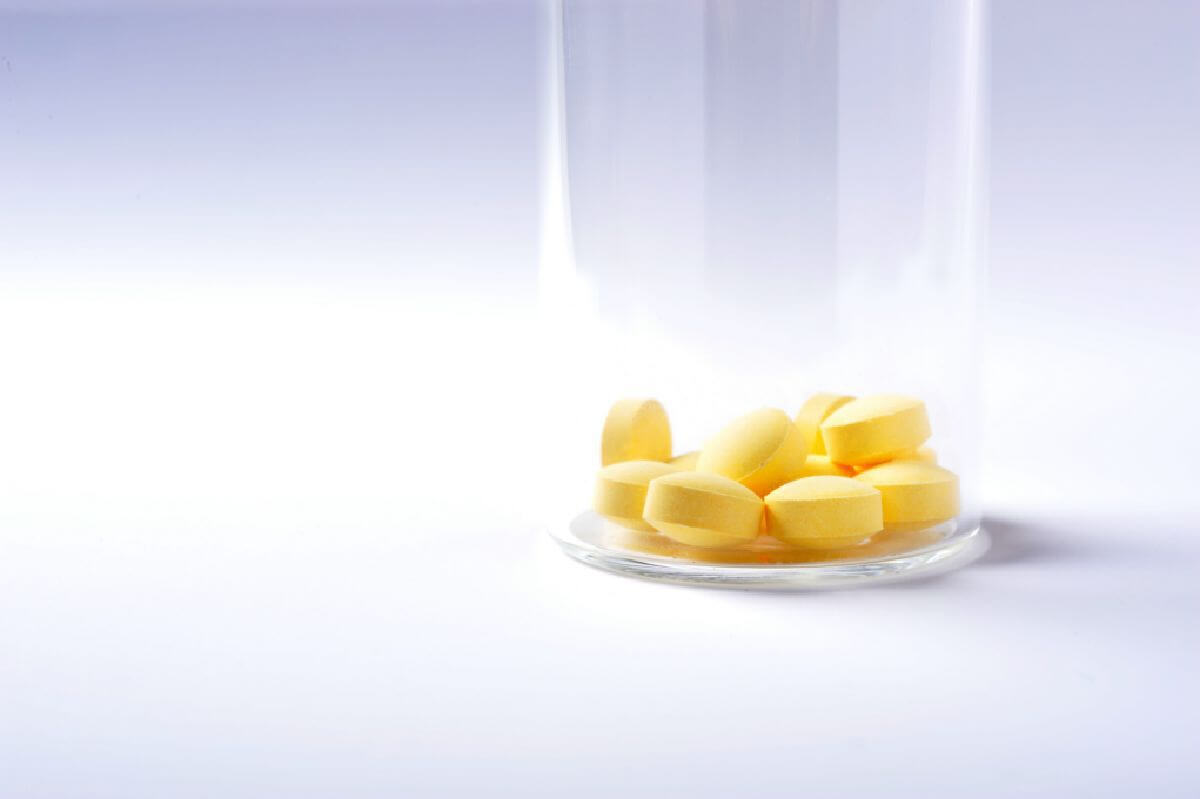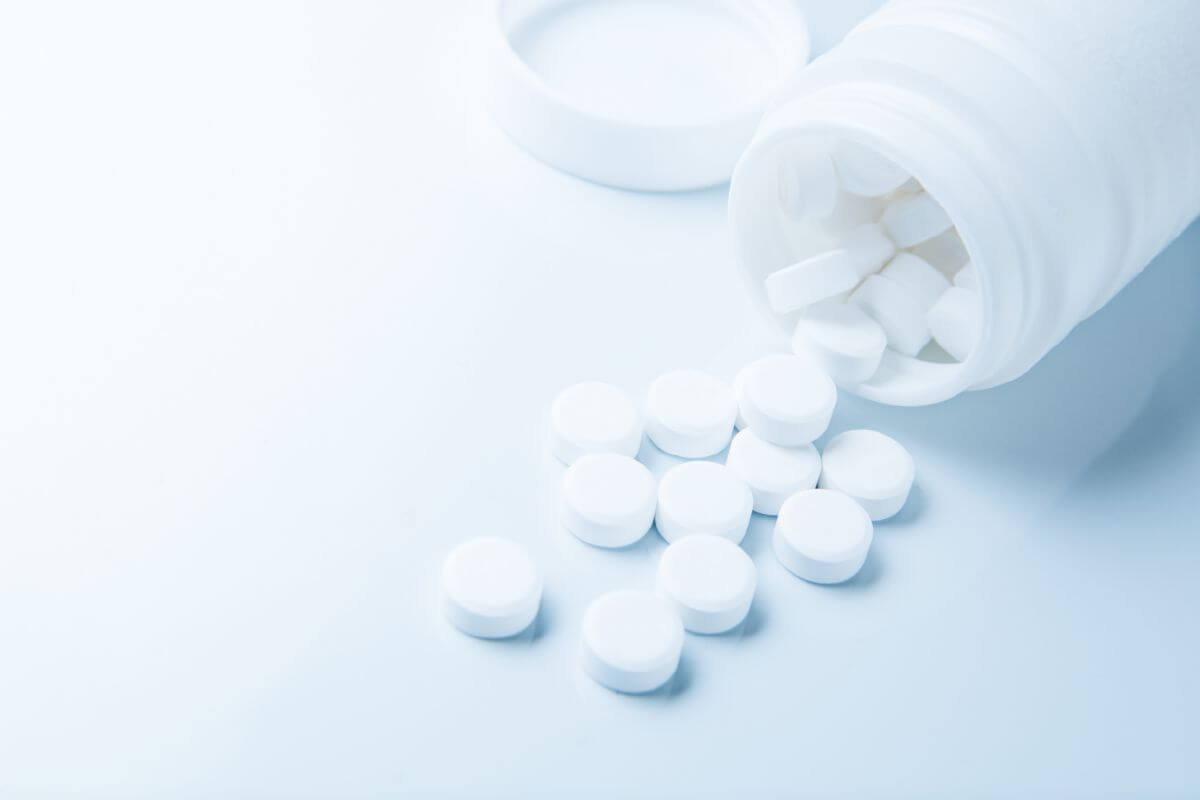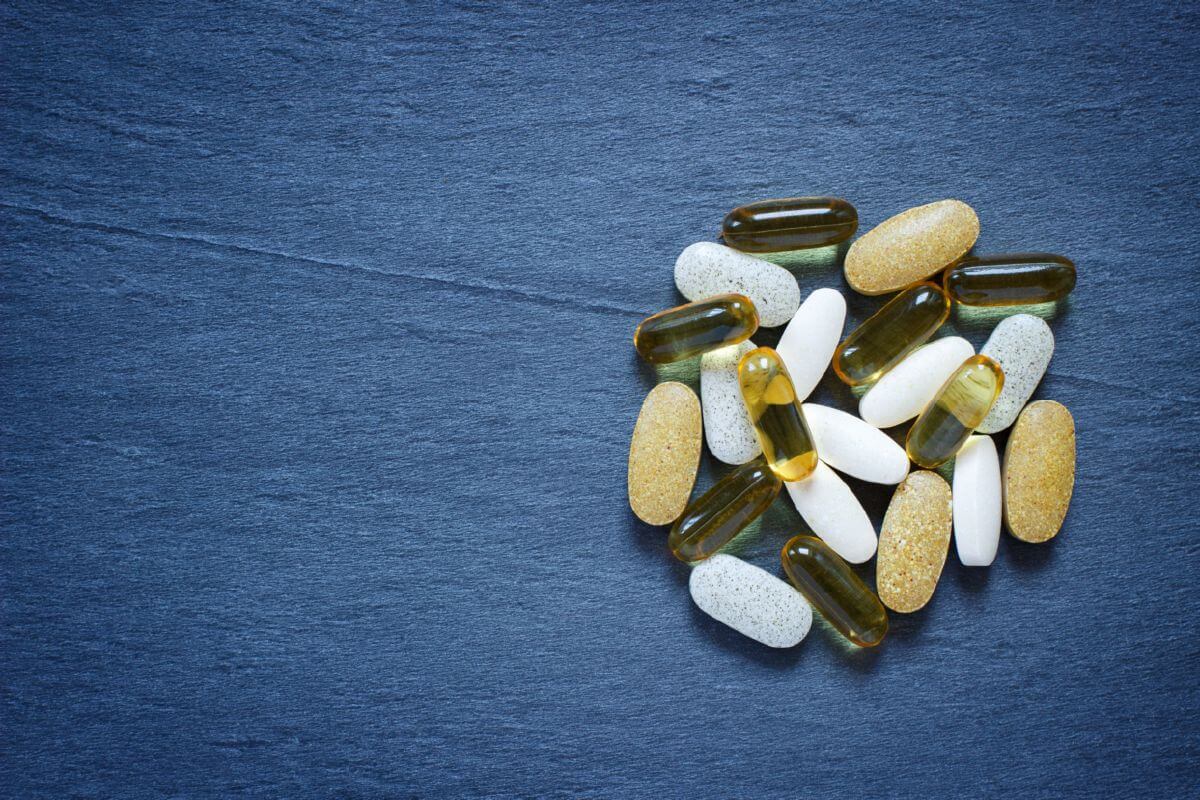How Do Medications Assist In Addiction Treatment
The application of various other drugs with the aim of easing extraction symptoms is necessary to reduce chances of starting again by adopting these alternate treatment measures. Rapid Effective relief from dependency requires medication during recovery to restrain. Withdrawal signs make drug addiction difficult if not handled properly but not an impossible talk to achieve.
Both inpatient and outpatient programs are utilizing the aid of medication as part of the regimen. The doctors might regulate dosages over the course of treatment to guarantee that addicts have the greatest possibility of accomplishing sobriety.

Studies show that some prescription drugs used to alleviate withdrawal dependency signs have similar signs.

Drug Withdrawal And Detoxification
When the first stages of recovery is happening, the body must cleanse itself of drugs. This period is known as detox. The drug used will determine how long the process will take.
It is observed that dealing with the withdrawal symptoms is most difficult for the patient. During the detoxification process, a previous addict pass through many painful effects.
Listed are symptoms often observed during detox
- Restlessness
- Misery
- Throwing up
- Convulsion
- Myalgia
- Profuse perspiration
There are varied prescription drugs that are being used to treat the different withdrawal symptoms of the patient. They include
- Benzodiazepines
- The degree of nervousness and excitation response to stimulus are reduced via the aid of these drugs.
- Withdrawal from many drug addictions causing restlessness includes Cocaine and Opium related drugs such as Heroin.
- Benzos alone can do so much, to relieve the patient from alcohol.
- Because of the danger of dependence on Benzos, physicians don't freely give to their patients.
- Antidepressants
- The abuse of drugs is manifested through abusers sadness due to malfunction of brain chemicals.
- The ones in detoxification treatment frequently experience depression stages since they have been depending on drugs to keep them delighted for so long.
- Zoloft and Prozac are antidepressants that can assist comforting the side effects until the brain is capable to generate happy sensations - inducing chemicals on its own again.
- Clonidine
- Clonidine lowers profuse perspiration, contractions, muscle pains and worry in treating alcohol and opium substance.
- It treats muscle spasm, pains, seizures and anxiety.
The harshness of withdrawal effects changes according to the past drug use. The best hit are heavy addicts who have depended on drugs for years.
A detoxification from alcohol or benzodiazepines, such as Valium or Xanax, can be fatal, so people addicted to them should never quit "cold turkey." Withdrawals from other type of drugs are not forever deadly, however some obstacles can still appear. Seek medical assistance for safety for drug withdrawal.
It is strongly advised that you seek support or assistance if you or someone you know is battling addiction.
Medicines For Alcohol Dependence
It may take you some weeks or months to get over discontinuation problems if you have depended on alcohol for long. This incident is known as Prolonged or Post-Acute Withdrawal Syndrome (PAWS).
Maintenance treatment can comfort PAWS and also might curb cravings or make the addict not being capable to stomach alcohol. Everyday, addicts may take the prescription drugs as tablets.

Medicines for addiction to alcohol are
- Naltrexone (Vivitrol)
- The brain's receptors in charge of making available the pleasing effects of taking alcohol is blocked by Naltrexone.
- Craving for alcohol is also suppressed by this drug.
- Some immediate side-effects of this drug are dizziness and headaches.
- At an interval of four weeks, it might be administered via injections.
- Acamprosate (Campral)
- The mental and bodily challenges that result from dependence on alcoholic beverages can be overcome by using Acamprosate.
- When the detoxification is completed, the recuperation of alcoholics can begin taking Acamprosate.
- This medication lowers the craving for alcohol through its effect on worry and despair.
- Disulfiram (Antabuse)
- This is the first medication ever approved to treat withdrawal symptoms for alcoholism.
- When someone that is taking Disulfiram drinks alcohol, the medicine provokes some symptoms like nausea and vomiting.
- Drink while taking Disulfiram and get sick, that is the rationale behind this medication.
Get further information about treatment for addiction to alcohol.
Medications Applicable For Opiate And Heroin Dependency
Oxycontin, morphine, and Heroin are some sedatives that can be used. Medications administered for opiate and Heroin helps reduce desires and withdrawal symptoms. Everyday, you will have to take these pills.
Some people will pass through the experience of Heroin and opiate withdrawal for about a week. Some people may face this problem for a long period of time. In some cases, withdrawal signs could take months or years depending on individuals. Post-acute Withdrawal Syndrome can be managed or stopped by replacement medications. Usually, a former user can take medicines for as long as necessary.
Administered medications to treat addictions for Heroin and painkillers include
- Methadone
- This opium-based drug is used to treat severe cases of addiction.
- Methadone works on the same principle as Heroin and painkillers. However, the effect of getting the user high is non-existent.
- Discontinuation of health challenges and the desire for the drugs are reduced.
- Methadone is also a potentially addicting medication hence this is highly regulated despite its medical treatment benefits.
- Methadone medical centre dispense the opiate on a daily routine as a way to prevent wrong use of it.
- Discover more about the effects of Methadone.
- Buprenorphine (Suboxone)
- Given the existence of a lower chance towards being addicted, the regulation of Buprenorphine is lesser even though it functions in the same way as Methadone.
- Instead of trying to obtain the drug from the clinic on a daily basis, Buprenorphine users are allowed to take the drugs to their places of residence.
- Naltrexone
- This medication interacts with the same receptors involved in both opioid and alcohol addiction.
- The desire to take the drug is removed.
- Given that similar brain receptors are made active by both alcohol and opiates; this drug can be applied for both cases.
Rehab And Detoxing Medically
You can withdraw from drugs solely. Detoxing from drug addiction alone presents bigger challenges than withdrawal with a doctor's assistance. Medical detoxification is the most excellent method to get sober in a secure and appropriate surrounding. This is non-negotiable for people who practically live on benzos and alcohol.
To stop dependence on any form of drug, it is advisable to seek medical assistance.
Deadly health concerns will be eliminated by that. The doctors record the patient's heart rate, temperature, breathing rate and fluid levels. If the addict feels any discomfort, trained doctors are on hand to help him cope successfully. Doctors also make necessary medication dosage amendments to facilitate the patient's recovery from over time drug addiction. Patients with multiple health challenges should seek medical detox program.
Pre-existing health issues may cause complications during the withdrawal process. A doctor can avoid any problems.
Detoxification is an indispensable step regardless of inpatient or outpatient program. Inpatient regimen may last for up to 90 days or 3 months. The patient is carefully examined during first week of detox. Achieving freedom from addiction requires inclusion of behavioural therapy recovery treatment methods program.
Find a rehabilitation with medical detox today so you can help someone you love or even yourself to get sober call 0800 246 1509.
